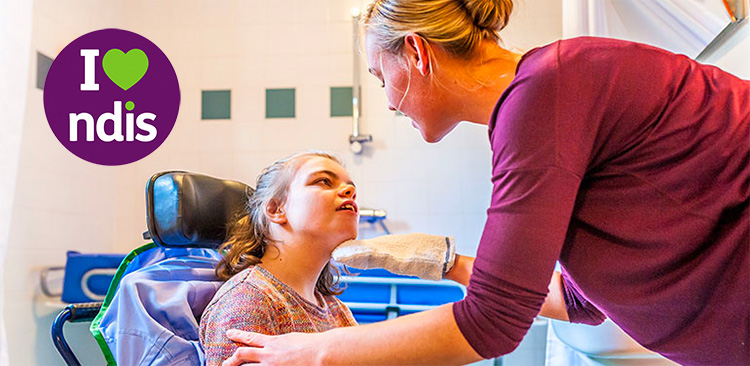Traumatic brain injury (TBI) can have a devastating impact on a person’s life. Whether it’s a result of a car accident, sports injury, or a fall, TBI can cause a range of physical, cognitive, and emotional symptoms that can be challenging to manage. In this blog, we will explore some tips and strategies for supporting people with traumatic brain injury.
- Understand the impact of TBI: One of the most important things you can do to support someone with TBI is to educate yourself about the condition. This can help you to understand the symptoms and challenges they may be experiencing and to provide appropriate support.
- Be patient: TBI can cause a range of cognitive and emotional symptoms, such as memory loss, difficulty concentrating, and mood swings. As a caregiver, it’s important to be patient and understanding, even when the person is struggling with frustration or irritability.
- Provide structure: People with TBI may benefit from a structured environment that provides routine and predictability. This can include establishing a regular schedule for meals, activities, and rest, and creating a safe and organized living space.
- Offer emotional support: TBI can be a traumatic and isolating experience. As a caregiver, it’s important to offer emotional support by listening, validating their feelings, and offering encouragement and reassurance.
- Help with physical needs: Depending on the severity of the TBI, a person may have physical limitations that require assistance with daily activities such as bathing, dressing, and grooming. As a caregiver, you may need to provide physical support or arrange for professional care.
- Encourage socialization: Social isolation can be a common issue for people with TBI. Encouraging socialization, whether through support groups, community activities, or visits with friends and family, can help to promote a sense of belonging and improve overall well-being.
- Advocate for their needs: People with TBI may require special accommodations in order to participate fully in school, work, or community activities. As a caregiver, it’s important to advocate for their needs by working with healthcare providers, educators, and employers to ensure that they receive the support they require.
In conclusion, supporting people with traumatic brain injury requires patience, understanding, and a willingness to provide both emotional and physical support. By offering structure, emotional support, physical assistance, and advocacy, you can help to improve the quality of life for people with TBI and their families. Whether it’s providing a listening ear or advocating for their needs, your support can make a significant difference in their recovery and overall well-being.







